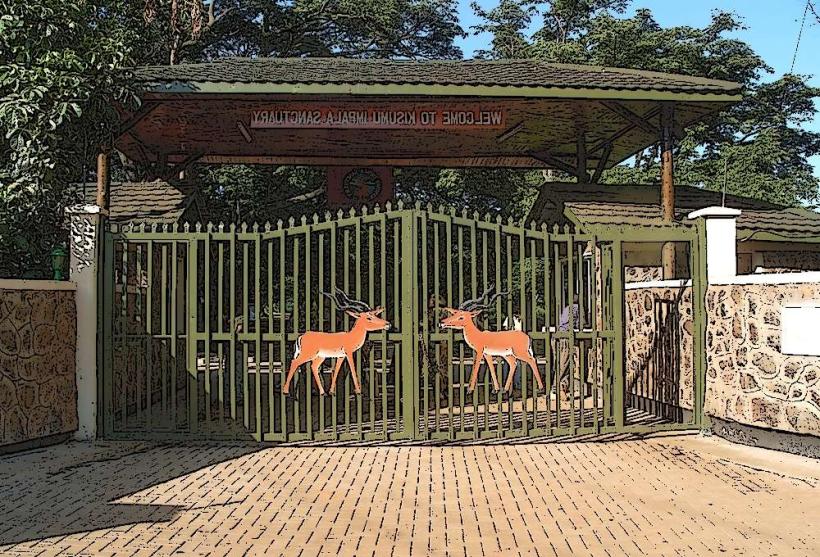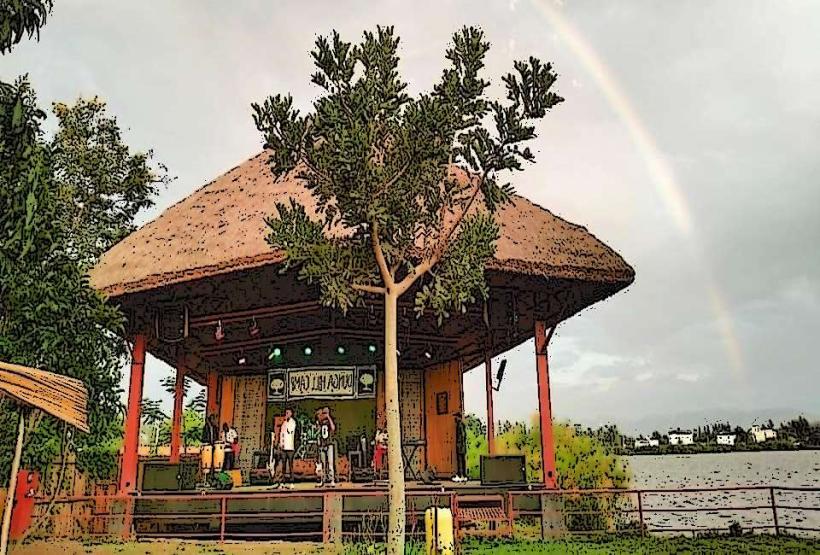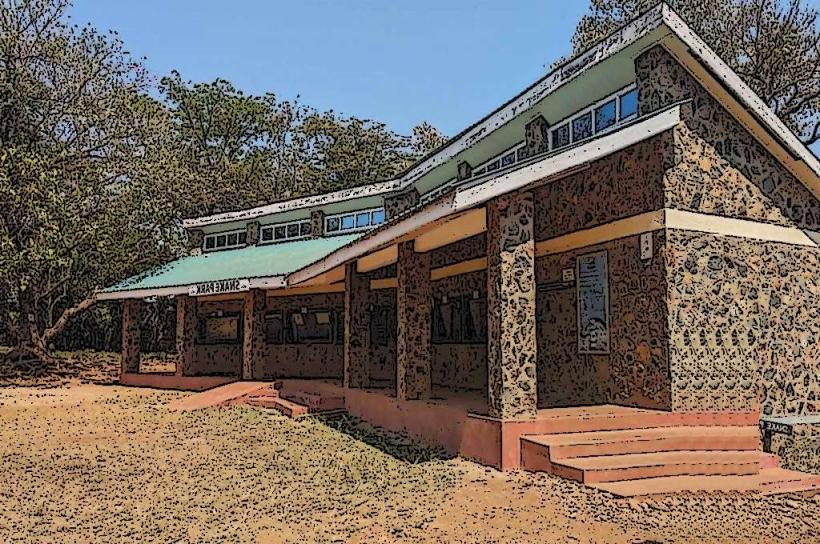Information
Landmark: Kibuye MarketCity: Kisumu
Country: Kenya
Continent: Africa
Kibuye Market, Kisumu, Kenya, Africa
Overview
Oddly enough, In Kisumu City, Kisumu Market-better known as Kibuye Market-buzzes as western Kenya’s largest and liveliest open-air market, where stalls spill over with glowing fabrics and fresh mangoes, as well as it’s the city’s economic and cultural pulse, pulling in thousands each day to trade, meet friends, and swap goods-spices from the coast mingling with fresh bread still warm from the oven.As it happens, First, besides kibuye Market isn’t just a setting to shop-it’s a bustling patchwork of everyday life, alive with the scent of fresh maize, the hum of bargaining voices, and the grit of local entrepreneurs who thrive on its rich mix of agriculture and trade.It serves many different needs and draws people from Kisumu, western Kenya, Uganda, and even Tanzania-some arrive with sacks of grain, others with stories to trade, simultaneously sundays are market days, and the spot bursts with life, stalls piled high with shining fruit as vendors and shoppers pour in from every corner.Number two, on top of that here’s what you’ll notice: the market sprawls in every direction, a lively jumble split into sections by what’s for sale.In the fresh produce area, kale stacks high beside glossy tomatoes, onions, and carrots, while mangoes and pineapples mingle with bananas, avocados, and bundles of fragrant local herbs, therefore grains and dry goods-maize, beans, lentils, millet, sorghum, rice, and groundnuts-are sold by the sack or by the scoop.Fish and meat-especially tilapia and Nile perch-arrive fresh, still glistening from Lake Victoria, what’s more you’ll also find sections stocked with dried fish, like omena-modest silver cyprinids that shimmer faintly under the market lights and remain a staple in local cooking.Clothing and Textiles: You’ll find piles of second-hand clothes-known locally as mitumba-alongside shoes, handbags, the occasional novel outfit, and stacks of fabric, zippers, and other tailoring supplies, therefore household items include cooking pots and sturdy wooden spoons, plastic containers, furniture you can sink into, and all the cleaning supplies you need, in some ways Traditional medicine and spices mingle here-you’ll spot herbalists offering bundles of roots, strips of fragrant bark, and crisp green leaves said to treat all sorts of aches, with jars of local spice and a curl of incense smoke drifting through the air, simultaneously electronics and tools: radios crackling softly, mobile phones, batteries, solar kits, and sturdy farming gear-some fresh from the box, others carefully restored.Number three stood alone, tiny and neat like a chalk mark on a slate, alternatively kisumu Market hums with noise and color, alive with voices calling out over tables piled high with glowing fabrics and fresh fruit.Sellers call out their prices, hagglers lean in and bargain hard, while porters squeeze through the alleys with sacks swaying on their shoulders, meanwhile the air is rich with scents-crisp lettuce, sharp basil, warm bread, and now and then a hint of dried fish.The market’s not just for buying and selling-it’s where locals swap stories over fresh bread and steaming coffee, and you’ll hear Dholuo, Swahili, English, and a mix of tribal dialects-sometimes drifting through the air like snippets of conversation from a busy market, in a sense It’s a spot where busy city markets brush up against quiet country trade, where classical customs mingle with the hum of business, to boot number four.The market’s usually guarded, but watch for pickpockets-especially when the crowd’s thick and the air smells of fresh bread-so keep your bag zipped and valuables close, not only that the stalls are crammed close together, so move with care and wear something comfortable-soft shoes help.Depending on the weather, you’ll find either dust swirling underfoot or mud clinging to your shoes, since most of the market sits in the open or under patchy roofs, what’s more if you want the best experience, team up with a local guide or someone who knows the location inside out-perfect if you’re chasing hidden cultural gems or the scent of fresh street food.Five, equally important lately, the Kisumu County government has kicked off a modernization drive-repairing drainage to stop knee-deep puddles after rain, putting up sturdy stalls with proper roofing, improving waste disposal, and upgrading nearby roads and parking.You know, The goal is to keep the market’s lively buzz while making it cleaner, easier to reach, and better suited for the town’s growing crowd, simultaneously number six stands alone, modest and sharp like a chalk mark on a board.Funny enough, Why it matters: Kisumu Market isn’t just a area to buy and sell-it’s where daily life plays out, from the smell of fresh tilapia to the hum of traders bargaining for survival, moreover it’s the site where farmers sell their harvest, fisherfolk land buyers fresh from the shore, traders and tailors grow their minute shops, and locals pick up food and household goods without breaking the bank.It hums with grassroots enterprise, and the spirit of Kisumu pulses through every crowded stall, moreover whether it’s your first trip or you’ve lived here all your life, wandering through Kisumu Market wraps you in the smell of fresh tilapia, the chatter of traders, and the pulse of a community that never loses its spirit.
Author: Tourist Landmarks
Date: 2025-09-26








